pull-deps tool
pull-deps is an Apache Druid tool that can pull down dependencies to the local repository and lay dependencies out into the extension directory as needed.
pull-deps has several command line options, they are as follows:
-c or --coordinate (Can be specified multiply times)
Extension coordinate to pull down, followed by a maven coordinate, e.g. org.apache.druid.extensions:mysql-metadata-storage
-h or --hadoop-coordinate (Can be specified multiply times)
Apache Hadoop dependency to pull down, followed by a maven coordinate, e.g. org.apache.hadoop:hadoop-client:2.4.0
--no-default-hadoop
Don't pull down the default hadoop coordinate, i.e., org.apache.hadoop:hadoop-client:2.3.0. If -h option is supplied, then default hadoop coordinate will not be downloaded.
--clean
Remove existing extension and hadoop dependencies directories before pulling down dependencies.
-l or --localRepository
A local repository that Maven will use to put downloaded files. Then pull-deps will lay these files out into the extensions directory as needed.
-r or --remoteRepository
Add a remote repository. Unless --no-default-remote-repositories is provided, these will be used after https://repo1.maven.org/maven2/ and https://metamx.artifactoryonline.com/metamx/pub-libs-releases-local
--no-default-remote-repositories
Don't use the default remote repositories, only use the repositories provided directly via --remoteRepository.
-d or --defaultVersion
Version to use for extension coordinate that doesn't have a version information. For example, if extension coordinate is org.apache.druid.extensions:mysql-metadata-storage, and default version is 0.19.0-iap, then this coordinate will be treated as org.apache.druid.extensions:mysql-metadata-storage:0.19.0-iap
--use-proxy
Use http/https proxy to send request to the remote repository servers. --proxy-host and --proxy-port must be set explicitly if this option is enabled.
--proxy-type
Set the proxy type, Should be either http or https, default value is https.
--proxy-host
Set the proxy host. e.g. proxy.com.
--proxy-port
Set the proxy port number. e.g. 8080.
--proxy-username
Set a username to connect to the proxy, this option is only required if the proxy server uses authentication.
--proxy-password
Set a password to connect to the proxy, this option is only required if the proxy server uses authentication.
To run pull-deps, you should
Specify
druid.extensions.directoryanddruid.extensions.hadoopDependenciesDir, these two properties tellpull-depswhere to put extensions. If you don't specify them, default values will be used, see Configuration.Tell
pull-depswhat to download using-cor-hoption, which are followed by a maven coordinate.
Example:
Suppose you want to download mysql-metadata-storage and hadoop-client(both 2.3.0 and 2.4.0) with a specific version, you can run pull-deps command with -c org.apache.druid.extensions:mysql-metadata-storage:0.19.0-iap, -h org.apache.hadoop:hadoop-client:2.3.0 and -h org.apache.hadoop:hadoop-client:2.4.0, an example command would be:
java -classpath "/my/druid/lib/*" org.apache.druid.cli.Main tools pull-deps --clean -c org.apache.druid.extensions:mysql-metadata-storage:0.19.0-iap -h org.apache.hadoop:hadoop-client:2.3.0 -h org.apache.hadoop:hadoop-client:2.4.0
Because --clean is supplied, this command will first remove the directories specified at druid.extensions.directory and druid.extensions.hadoopDependenciesDir, then recreate them and start downloading the extensions there. After finishing downloading, if you go to the extension directories you specified, you will see
tree extensions
extensions
└── mysql-metadata-storage
└── mysql-metadata-storage-0.19.0-iap.jar
tree hadoop-dependencies
hadoop-dependencies/
└── hadoop-client
├── 2.3.0
│ ├── activation-1.1.jar
│ ├── avro-1.7.4.jar
│ ├── commons-beanutils-1.7.0.jar
│ ├── commons-beanutils-core-1.8.0.jar
│ ├── commons-cli-1.2.jar
│ ├── commons-codec-1.4.jar
..... lots of jars
└── 2.4.0
├── activation-1.1.jar
├── avro-1.7.4.jar
├── commons-beanutils-1.7.0.jar
├── commons-beanutils-core-1.8.0.jar
├── commons-cli-1.2.jar
├── commons-codec-1.4.jar
..... lots of jars
Note that if you specify --defaultVersion, you don't have to put version information in the coordinate. For example, if you want mysql-metadata-storage to use version 0.19.0-iap, you can change the command above to
java -classpath "/my/druid/lib/*" org.apache.druid.cli.Main tools pull-deps --defaultVersion 0.19.0-iap --clean -c org.apache.druid.extensions:mysql-metadata-storage -h org.apache.hadoop:hadoop-client:2.3.0 -h org.apache.hadoop:hadoop-client:2.4.0
Please note to use the pull-deps tool you must know the Maven groupId, artifactId, and version of your extension.
For Druid community extensions listed here, the groupId is "org.apache.druid.extensions.contrib" and the artifactId is the name of the extension.
